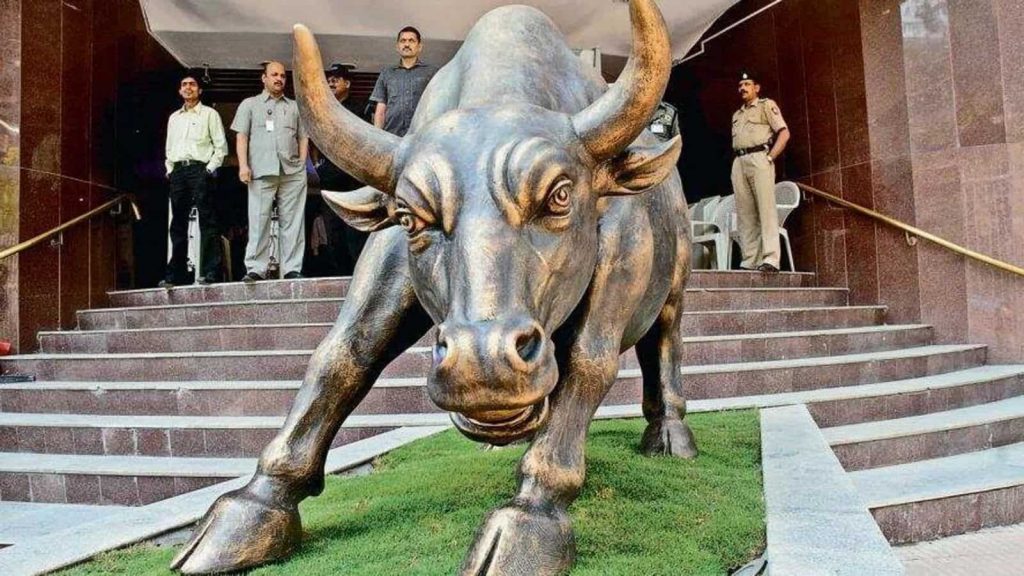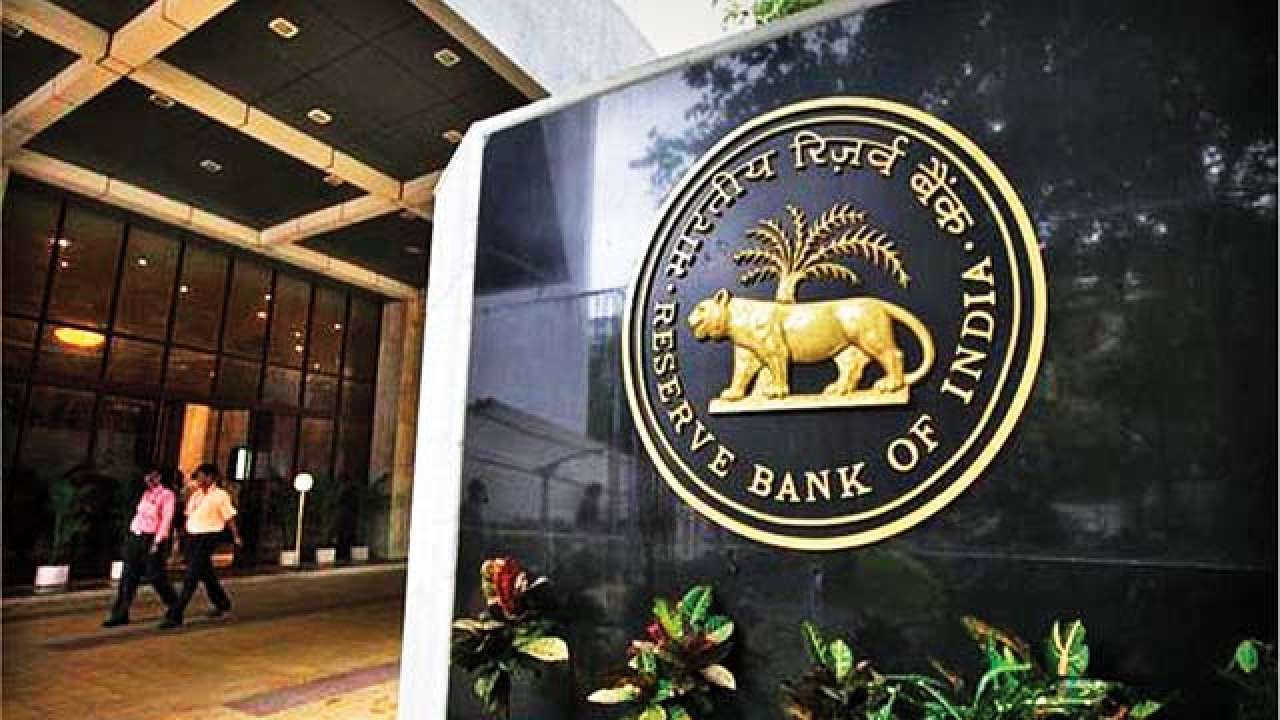
Economists are unanimous in forecasting that the central bank has no other option but to deliver a 50 bps rate hike next week and take the terminal rate to 6.25 per cent by December.
Economists from SBI, UBS, Goldman Sachs, Barclays and Bank of Baroda in a rare unanimous call see the RBI-led monetary policy committee delivering a 50 bps hike on September 30, taking the overall repo rate increase 290 bps to 5.90 per cent since May this year.
Soumya Kanti Ghosh, the group chief economist at the nation’s largest lender SBI, in a detailed note on Monday said, a half-percentage point hike in the repo rate looks imminent in an aggressive response to external shocks.
“We expect the peak repo rate in the cycle at 6.25 per cent. A final rate hike of 35 bps is expected in December policy,” he said.
Liquidity has become deficit after 40 months which looks like another headwind for the central bank, he said, adding this may force the RBI to support the market through a change in the CRR and OMOs.
Echoing the views, Tanvee Gupta-Jain, the chief economist at UBS Securities India, said in the base case, she expects the MPC-RBI to front-load the rate hike cycle and raise the repo rate by another 50 bps (versus 35 bps previously) next week taking the terminal repo rate to 6.25 per cent (previously 6 per cent) by December.
On the positive side, she said the large current account deficit, elevated CPI inflation and a stretched fiscal position are mostly led by supply-side factors rather than easy credit conditions pushing domestic demand.
Rahul Bajoria, the chief economist at Barclays India also raised the repo rate forecast to a 50 bps hike next week (35 bps previously) and a 35 bps hike in the December meeting (25 bps previously), with upside risk to the forecast if commodity prices are higher in Q4.
“We now expect 50 bps of further rate hikes in 2023 (75 bps previously) which would take the repo rate to 6.75 per cent by April 2023.”
The British lender also expects the MPC-RBI to change its stance to neutral on falling commodity prices offer as it feels that inflation has peaked.

